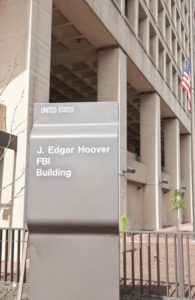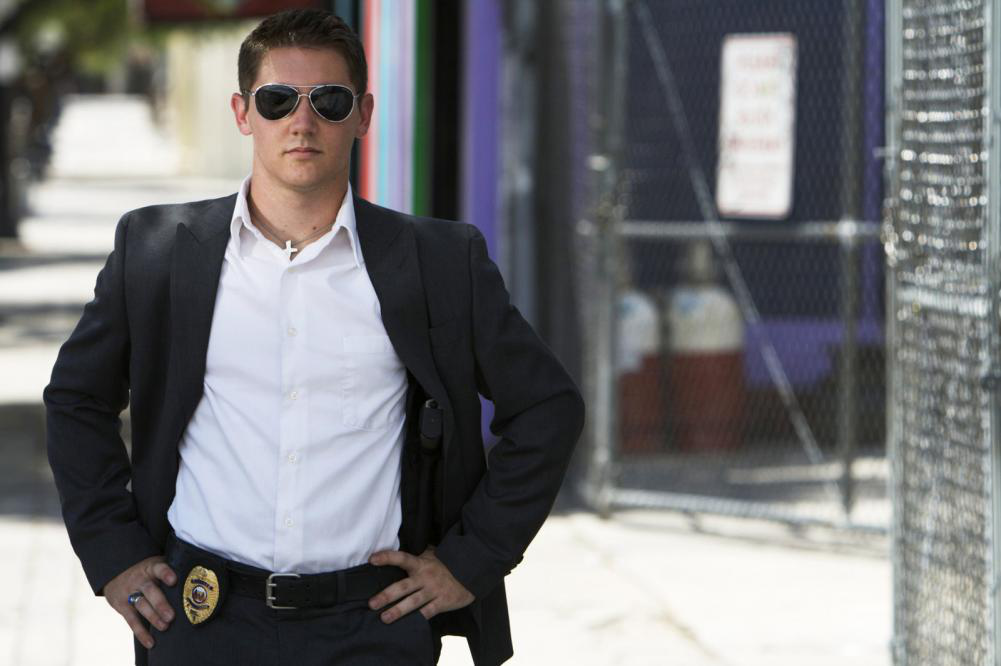
- admin
- May 14, 2020
- 11:58 am
- No Comments
A Guide to Law Enforcement Career
While building a career in law enforcement is considered challenging by many, millions across the country pursue it because of how rewarding it can be. Sworn law enforcement officers take an oath to uphold and enforce the law and have the authority to make arrests and carry firearms. According to a US Bureau of Labor Statistics report on employment by major occupational group, the number of people in protective service occupations was 3,443,800 in 2014 with a projected total of 3,597,700 by 2024.
Of course, law enforcement isn’t a monolith—the career opportunities are as vast as the job titles. We have prepared this comprehensive guide to help you parse through the subject should you be considering a career in law enforcement.
Law Enforcement Careers by Type of Job
Law enforcement officers come under three broad categories: uniformed officer, detective/investigator, and support staff. While the duties and day-to-day activities of detectives and police officers vary depending on their specialty, they all have to write reports and maintain detailed and well-kept records of the incidents they encounter. This is crucial for reasons such as testifying in court.
Here is a detailed rundown on each kind of law enforcement job that might interest you.
Uniformed Officers
The general responsibilities and duties that uniformed officers have to carry out include responding to calls for service, regular patrols, providing first aid to victims, directing traffic at the scene of an accident, and burglary investigations. Of course, doing paperwork and maintaining records also make a significant portion of their responsibilities.
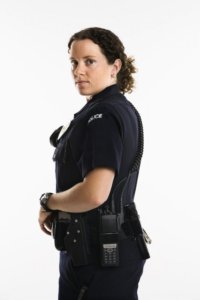 Smaller towns tend to have uniformed officers patrolling alone, whereas larger urban areas tend to have partnered patrol officers. Police agencies are typically organized into precincts/districts, and every patrolling officer is given a specific region to cover. Being on patrol means being on the lookout for and remaining alert to spot any suspicious or unusual activity. Generally speaking, a uniformed officer on patrol encounter, identify, pursue, and arrest suspected criminals, respond to incidents of domestic violence, resolve community issues, etc.
Smaller towns tend to have uniformed officers patrolling alone, whereas larger urban areas tend to have partnered patrol officers. Police agencies are typically organized into precincts/districts, and every patrolling officer is given a specific region to cover. Being on patrol means being on the lookout for and remaining alert to spot any suspicious or unusual activity. Generally speaking, a uniformed officer on patrol encounter, identify, pursue, and arrest suspected criminals, respond to incidents of domestic violence, resolve community issues, etc.
Here are some examples of uniformed police officer jobs:
- Local Police Officer – they operate locally in a town or city under a chief of police.
- Deputy Sheriff – they operate at the county level under the sheriff, who is typically an elected official.
- State Trooper – they are also known as highway patrol officers or state police officers. Their responsibilities include patrolling highways, enforcing motor vehicle laws and regulations, and arresting criminals.
- Border Patrol Agent – their responsibilities include patrolling borders and handling illegal immigration issues.
- Fish and Game Warden – they are in charge of enforcing laws related to fishing, boating, and hunting. They patrol fishing and hunting areas, conduct rescue and search operations, and respond to calls and complaints.
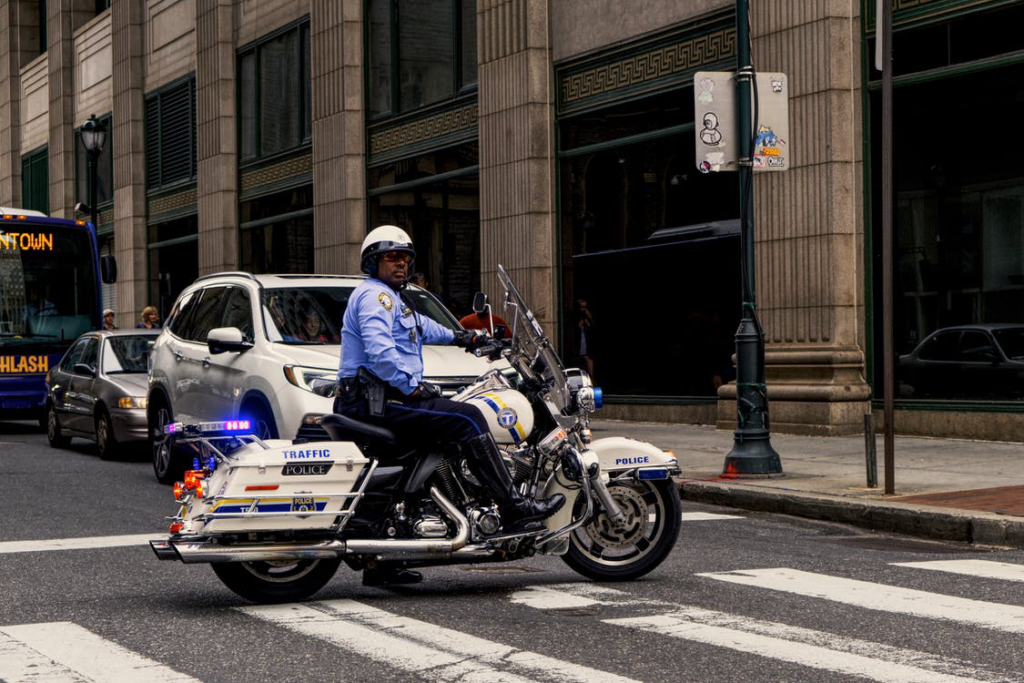 Detectives and Investigators
Detectives and Investigators
Detectives, investigators, and special agents are also colloquially known as plainclothes officers because they don’t sport uniforms. Detectives gather evidence and facts for criminal cases. Their responsibilities and duties include conducting interviews with witnesses and suspects, participating in raids, making arrests, and taking part in suspect observations. Certain detectives belong to inter-agency task forces that handle specific crimes such as drugs, human trafficking, and fraud. Detectives are typically assigned to a case and must work through it until it is resolved, which may or may not end in arrest and trial.
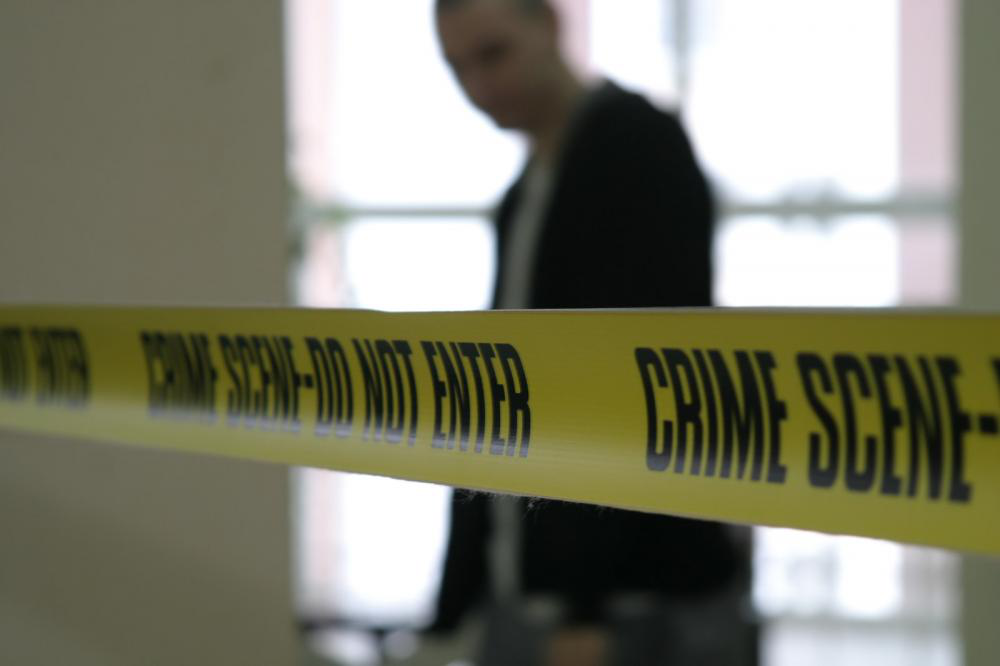 Uniformed police officers can be promoted to investigators and detectives in police agencies. Specialized criminal investigative agencies such as the Secret Service or the FBI hire investigators directly as Special Agents in investigative divisions.
Uniformed police officers can be promoted to investigators and detectives in police agencies. Specialized criminal investigative agencies such as the Secret Service or the FBI hire investigators directly as Special Agents in investigative divisions.
Here are some common examples of plainclothes officers:
- Detective
- Criminal investigator
- Immigration inspector
- US Secret Service Special Agent
- FBI agent
- Air Marshal
Support Staff Positions
While many may underestimate the role of support staff position in law enforcement, the truth is that they are just as important to maintaining an efficient law enforcement system as plainclothes and uniformed officers. Support staff positions include professionals who aid investigations and handle tasks such as ballistic examinations and tests, categorizing evidence, running lab experiments and tests. For instance, evidence technicians are handling and storing evidence in the inventory.
If occupying a support staff position in law enforcement is something that interests you, here are some examples of the kind of jobs you can opt for:
- Evidence technician
- Crime lab technician
- Criminal analyst
- Firearms examiner
- Intelligence analyst
- Handwriting examiner
- Investigative assistant
Levels at Which Law Enforcement Officials Operate
The three categories of law enforcement jobs are all employed by agencies at the three main levels of government: local, state, and federal. Of course, the responsibilities and duties of officers vary depending on their position and the level at which they operate.
Local
At the local level, detectives and uniformed officers are responsible for law enforcement in a specific area such as a city or a town.
County
At the county level, deputy sheriffs and sheriffs are the officers responsible for law enforcement. The duties of a sheriff are very similar to that of a local police chief. The primary difference being that sheriffs are typically elected to their posts.
State
State troopers or state police officers patrol highways and are responsible for enforcing the laws and regulations pertaining to motor vehicles.
Federal
Several agencies operate at the federal level.
- Federal Bureau of Investigation (FBI) is the primary investigative agency of the government. Its jurisdiction concerning federal law spans over 200 areas. The FBI is authorized to handle sensitive information that pertains to national security. FBI agents are involved in some of the following criminal investigations: organized crime, kidnapping, terrorism, human trafficking, cyber-crime, drug trafficking, and corruption.
- Specialized Federal Agencies are in charge of enforcing federal law in designated sectors. Federal Air Marshals are responsible for providing air security. Secret Service agents are responsible for protecting the lives of the President, the Vice President, their families, and other public officials. The US Drug Enforcement Agency (DEA) is responsible for handling all aspects of criminal drug activity.
Take the First Step in Joining the Suffolk County Police
If you’re considering joining the Suffolk County Police, you will need to first take the exam.
We are an esteemed civil service exam preparation institution based in New York with a solid reputation for excellence and professionalism. We have been an industry-leading force in providing prep classes for civil services for more than 45 years and have helped countless aspiring candidates realize their dream of serving their nation. We provide our students with preparation classes for the Suffolk Police test, NYS Court Officer, NYC Firefighter, and NYC Sanitation Worker exams.
Our Suffolk County police exam classes include a three-session preparatory course as well as important information on the complete hiring process.
Get in touch with us today for more information and start your journey towards committed civil service.

